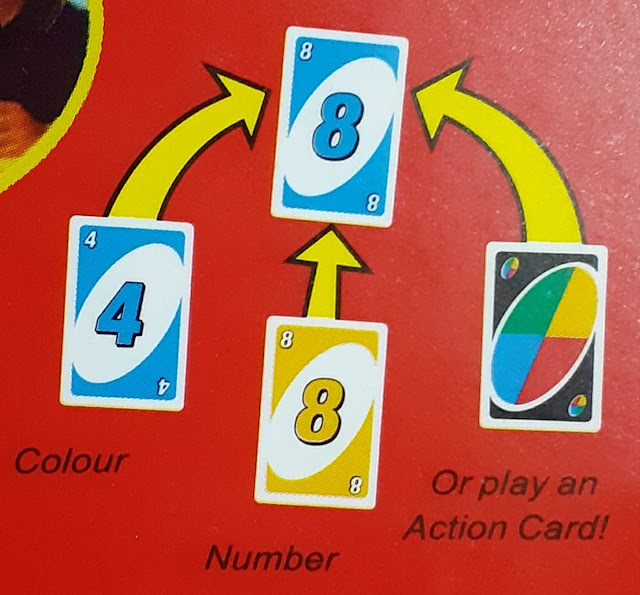Learning theology with illustrations,
connections, contextualization and references help us to explore Biblical
truths critically and uniquely. These methods used to be taught by our teachers
and professors at school and college as memory, understanding and comprehensive
tips. Theology is also an education. Theology has even a vast scope than our
academic ocean.
Theology is essential to understand
firmly what we believe and why. It is essential for sound Christian living as
our belief affects the way we live. It is all learning about God and our relationship
with him. Hence, theology cannot be neglected. But learning theology is a
challenge. At first, it can lead you to a great confusion and faith can indeed tremble.
Meanwhile, as you endure with its journey, you will learn to embrace and enjoy
it!
Now, straight to the main topic of
concern, the big picture above has been taken from an UNO card game. When I saw
it, the only thing that embedded in my mind was Trinity. Make sure, I know
pretty well about challenges or risk of using analogies for trinity. But I love
using illustrations.
To throw briefly, the UNO card is
played by matching color, number or action card. In the picture, Blue 4, Yellow
8 and Color choice card are three distinct cards but each of them is pointing its
equivalency or equality to one and same card Blue 8.
1. Blue 4 gets its equality with Blue 8 because of same Color
2. Yellow 8 gets its equality with Blue 8 because of same Number
3. Color choice gets its equality with Blue 8 because it has
transcendent function.
Neither of these three cards are 1/3 part of the target
card.
Neither of these cards get added to form the target card.
They are distinct in their functions:
1)
Blue 4 just maintains the flow as it is
2)
Yellow 8 instantly changes the color from Blue
to Yellow
3)
The action card of color choice offers a
decision to change the color
So, the important intended premise is that all these cards
are individually equal with the one Blue 8 card. One can entirely fit to the
same card. This illustrates Father, Son and Holy Spirit as individually equal
to one and same God. Each person is fully God even if they are separate from
one another.
Does this illustration have weakness? Yes, it does just as
every other traditional analogy do!
1)
The equality of each cards to the target card is
by the virtue of specific quality such as number, color or independent action.
Hence, here are distinct essence rather than one essence.
2)
This is merely a matching game. There are four
separate cards indeed. The three cards aren’t manifestations of the target
card.
3)
A humorous consideration is that, these cards
are from different players. In this game, the goal is not even to respect, love
or unite with one another. The action card is even bombardment against the
other cards.
Only a limited and particular premise can be illustrated
using UNO card i.e. Father, Son and Holy Spirit are distinct and yet individually
fully God. And yes, none analogies are perfect 😉.
***

.png)







.jpg)



0 Comments